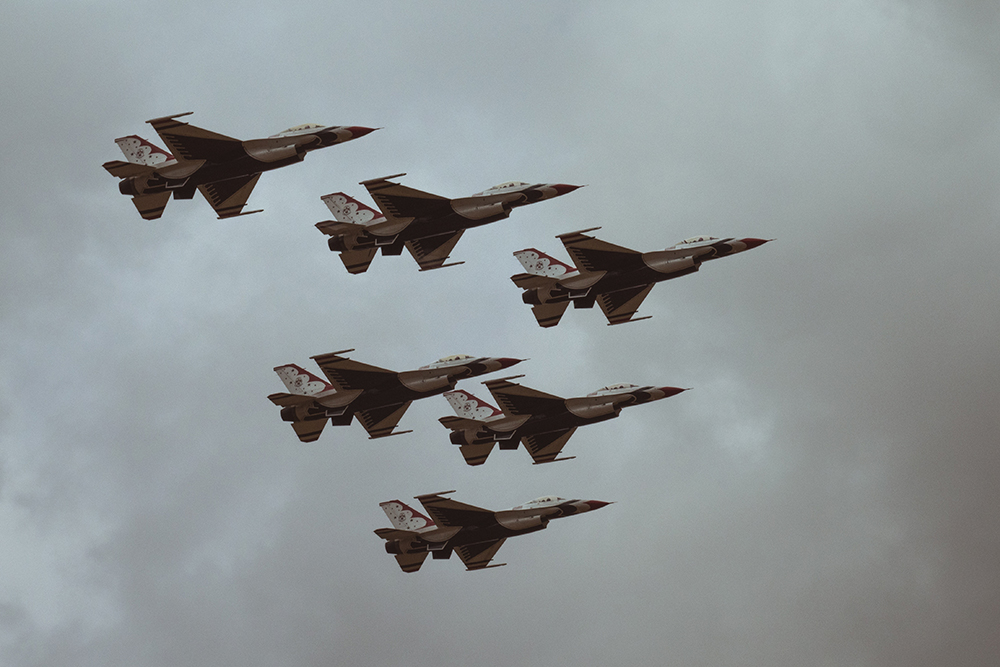The IPL has reached its knockout phase, so we take a look back at how South Africa’s start have performed so far.
The 2020 edition of the Indian Premier League (IPL) has reached its knockout stages where the Mumbai Indians, Delhi Capitals, Sunrisers Hyderabad and Royal Challengers Bangalore will now battle it out for one of the most treasured titles in world cricket.
Because of the coronavirus pandemic, this year’s edition has been the most unique yet, played in a three-venue bio-bubble with no crowds attending.
The quality of the cricket on offer, however, has been world class and has made for some stunning team and individual performances.
With the Proteas having not played international cricket since March, the IPL provided a timely platform for some of South Africa’s major players to test themselves against the world’s best.
The results were largely encouraging.
Perhaps most pleasing has been the form of speedsters Kagiso Rabada and Anrich Nortje, who both turn out for the Delhi Capitals.
Rabada is looking better than he has for a long time, and it reflects in his body language. He is clearly enjoying his cricket, and why wouldn’t he given the numbers he has put up?
The 25-year-old earlier in the tournament went to 50 IPL career wickets quicker than any other player in the history of the competition, and he leads the wicket-taking charts at the end of the group stage in 2020.
Rabada has taken a staggering 25 wickets at an average of 17.80 and an economy rate of 8.14 in 2020. Jasprit Bumrah (23) is next on that list and will also be playing in the knockout for the Mumbai Indians, setting up a tantalising showdown between the two when the Indians meet the Capitals on in the first playoff on Thursday.
The performances of Nortje, meanwhile, are as encouraging from a Proteas perspective given that he is looking an increasingly likely option to partner Rabada in spearheading the South African attack in all formats.
Nortje, who earlier in the tournament bowled the fastest ball in IPL history, has claimed 19 wickets at an average of 21.10 and an economy rate of 7.96.
Together, Rabada and Nortje have been a massive reason for the Capitals’ success so far in 2020.
Over at the Mumbai Indians, Quinton de Kock has been instrumental at the top of the order with 443 runs (4 x 50s) at an average of 36.91 and at a healthy strike rate of 138.00 while he also boasts more dismissals (18) than any other wicketkeeper in the league.
AB de Villiers and Chris Morris from the Royal Challengers Bangalore are the other South Africans who are set to feature in the playoffs and they have also enjoyed a successful tournament so far.
De Villiers has been dazzling at times and the prospect of having him back in a Proteas shirt is obviously exciting. His 398 runs (4x50s) have come at a strike rate of 163.78 and an average of 44.22 – numbers that suggest he still has plenty to offer South African cricket.
Morris, meanwhile, was a late starter in the tournament because of injury but he has excelled since. His batting opportunities have been limited, but he has hit his straps with the ball and has picked up 11 wickets at 19.09 and, most impressively, has gone for just 6.63 runs per over.
Dale Steyn, also at RCB, has struggled to make an impact and, as a result, has played in just three matches.
In terms of the South Africans who will not feature in the playoffs, former national captain Faf du Plessis stands out. With 449 runs (4 x 50s) at 40.81 and 140.75, Du Plessis led the way for the Chennai Super Kings despite the fact that they finished last on the log.
Du Plessis seems to still be committed to playing cricket for his country, which is good news given what he dished up in India.
Du Plessis’ team-mate at Chennai, Lungi Ngidi, was erratic.
In his four matches, Ngidi provided numerous glimpses of his wicket-taking ability and he would end with 9 to his name, but the fact that he went at 10.43 to the over was concerning and it made him the most expensive bowler at the franchise.
Also at Chennai, Imran Tahir played just three matches, picking up one wicket, while David Miller played just once for the Rajasthan Royals.
– Compiled by Lloyd Burnard

